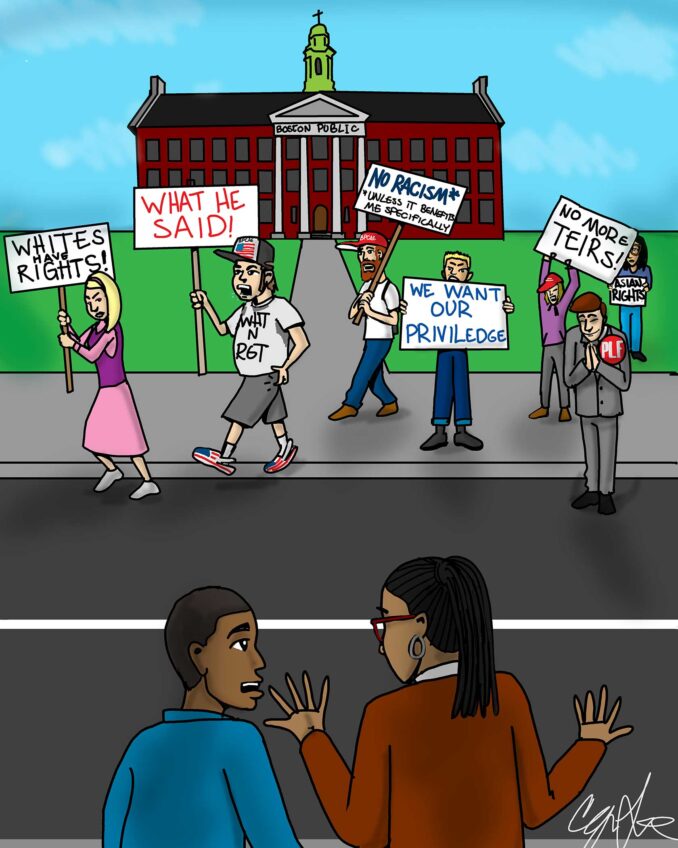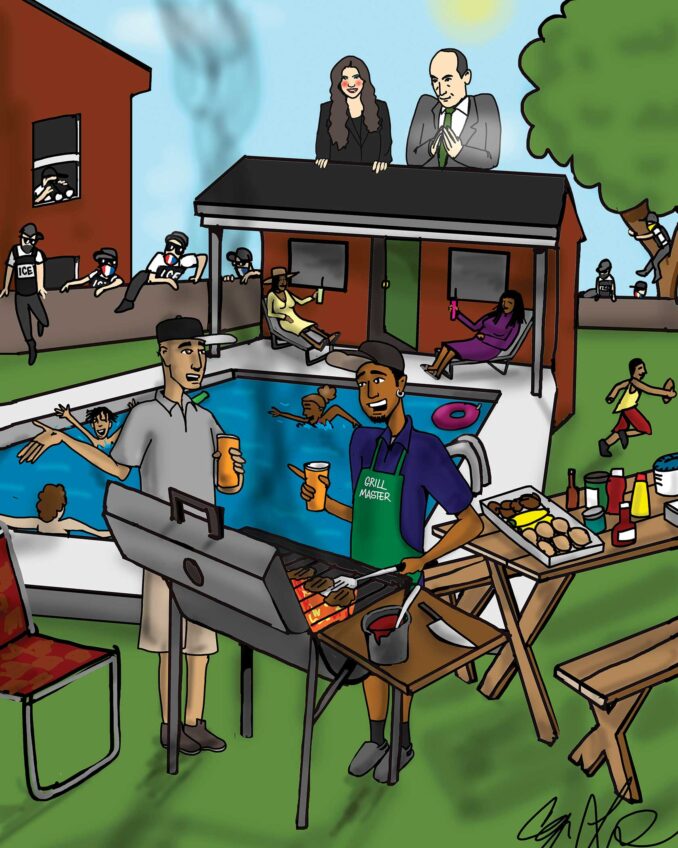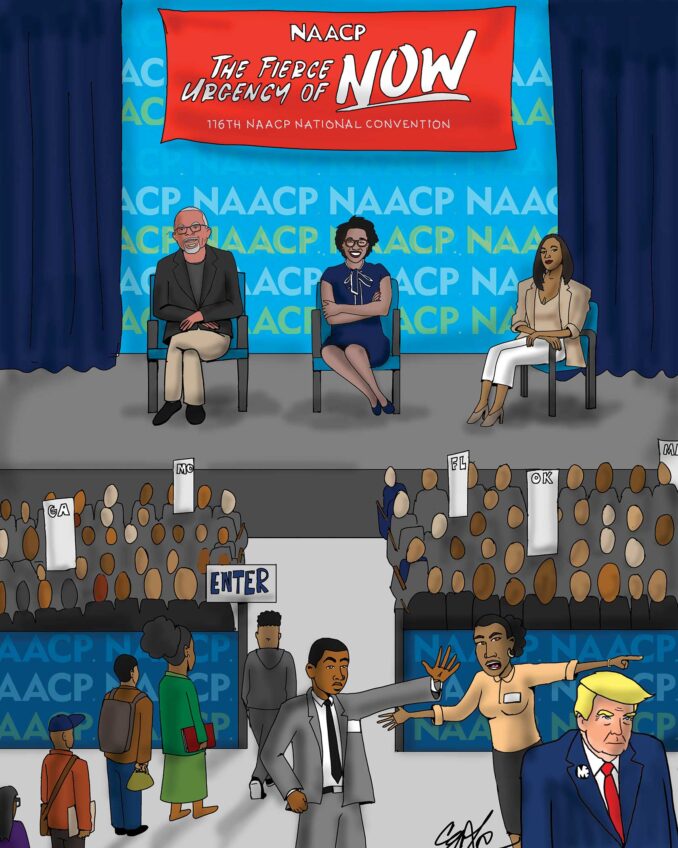Plan to cut CDC HIV prevention funding will negatively impact Black and Latino Americans the most
Last week, word leaked that HIV prevention is on the chopping block. The Trump administration plans to defund critical HIV prevention efforts at the Centers for Disease Control and Prevention (CDC). The anticipated actions will severely impede the nation’s ability to prevent new HIV infections, undoing decades of hard-won progress toward ending the HIV epidemic. The impact will be felt most acutely by Black and Latino people, both here in Boston and across the country.
Nationally, Black and Latino communities are disproportionately affected by HIV. Despite comprising 12% of the U.S. population, Blacks accounted for 37% of the estimated 31,800 new HIV infections in 2022. Similarly, Latino individuals, representing 18% of the population, accounted for 33% of new infections. Combined, both groups account for 70% of new HIV infections annually in the U.S.
In Massachusetts, Black and Latino individuals face significantly higher rates of HIV infection compared to their white counterparts. Between 2020 and 2022, Black individuals were diagnosed with HIV at rates nine times higher and Latino individuals at rates four times higher than white individuals.
These disparities highlight the urgent need for targeted interventions and enhanced access to prevention, testing and treatment services within Black and Latino communities. The very same interventions that cuts to the CDC’s HIV prevention programs will eliminate.
Fenway Health is the largest outpatient provider of HIV care in New England, and we regularly see the real impact of new HIV diagnoses. At Fenway, we care for the Black college student from Dorchester who was unaware that pre-exposure prophylaxis was an option. We care for the young transgender woman from Mattapan who was infected by a partner who was unaware they had HIV. We care for the young Latino man from Jamaica Plain who didn’t have access to condoms for safer sex. We care for the Black cis woman who was infected by her husband and moved to Boston for care and support.
Closing the CDC’s Division of HIV Prevention would not only have a devastating effect on the nation’s progress in preventing new cases of HIV and ending the epidemic, it would also mean a reduction in low-cost HIV testing, leading to a higher rate of delayed diagnoses and an increase in HIV transmission. In turn, that would increase the burden on the health care system. Ultimately, it would result in rising costs for the country.
With an estimated lifetime cost of care of $500,000 for a person living with HIV, it would only take an average of 40 more new HIV infections per state every year to exceed the $1 billion saved by making cuts to the CDC Division of HIV Prevention. Without critical federal public health infrastructure devoted to HIV prevention, new cases of HIV would likely far exceed that estimate. HIV, STI, viral hepatitis and TB prevention programs provide cost savings for the country.
Supporters of these cuts point to the fact that the Ryan White HIV/AIDS Program will not be impacted, claiming that will allow our health care system to continue caring for people living with HIV. Those funds cannot pick up the slack of lost prevention services and would be quickly overwhelmed by the rising tide of new HIV infections brought about by the loss of prevention funding.
These cuts threaten to reverse decades of progress, exposing our nation to a resurgence of a preventable disease with devastating and avoidable human and financial costs. Without the critical support of the CDC HIV Prevention Division, countless lives will be at risk. More people will fall ill, more lives will be lost, and we will be thrust back into an HIV epidemic reminiscent of the darkest chapters in public health history.
We must take action now. There is no time to waste. Call, email or write to your representative and senators. Let them know that CDC HIV prevention funding is vital to the health and the future of the community you live in. You can find their contact information at house.gov or senate.gov. Go to whitehouse.gov/contact/ and let the administration know that you care about HIV prevention funding.
The cost of inaction is too high, both in human lives and in financial strain on our health care system. We must demand that our leaders prioritize public health and maintain essential funding for the CDC’s HIV prevention efforts. Every call, email and action taken can make a difference in ensuring that we continue moving forward in the fight against HIV — not backward.
Jordina Shanks is CEO of Fenway Health.






